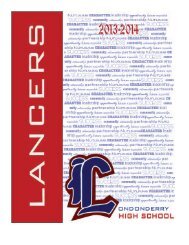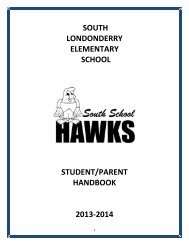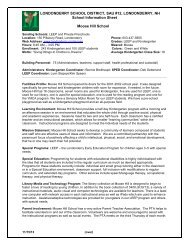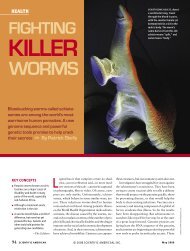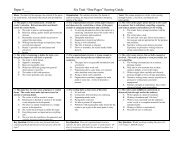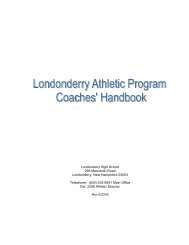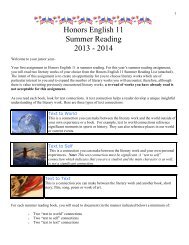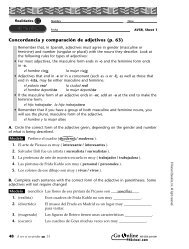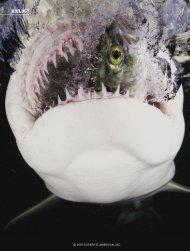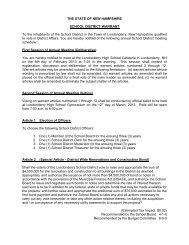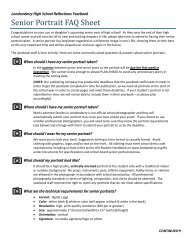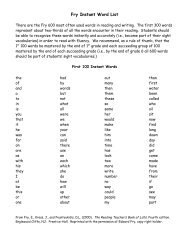eNvIRoNmeNtal sCIeNCe - College Board
eNvIRoNmeNtal sCIeNCe - College Board
eNvIRoNmeNtal sCIeNCe - College Board
- No tags were found...
Create successful ePaper yourself
Turn your PDF publications into a flip-book with our unique Google optimized e-Paper software.
Topic OutlineThe following outline of major topics serves to describe the scope of the AP EnvironmentalScience course and exam. The order of topics in the outline holds no specialsignificance, since there are many different sequences in which the topics can beappropriately addressed in the course. The percentage after each major topic headingshows the approximate proportion of multiple-choice questions on the exam thatpertain to that heading; thus, the percentage also indicates the relative emphasis thatshould be placed on the topics in the course.I. Earth Systems and Resources (10–15%)A. Earth Science Concepts(Geologic time scale; plate tectonics, earthquakes, volcanism; seasons; solarintensity and latitude)B. The Atmosphere(Composition; structure; weather and climate; atmospheric circulation andthe Coriolis Effect; atmosphere–ocean interactions; ENSO)C. Global Water Resources and Use(Freshwater/saltwater; ocean circulation; agricultural, industrial, and domesticuse; surface and groundwater issues; global problems; conservation)D. Soil and Soil Dynamics(Rock cycle; formation; composition; physical and chemical properties; mainsoil types; erosion and other soil problems; soil conservation)II. The Living World (10–15%)A. Ecosystem Structure(Biological populations and communities; ecological niches; interactionsamong species; keystone species; species diversity and edge effects; majorterrestrial and aquatic biomes)B. Energy Flow(Photosynthesis and cellular respiration; food webs and trophic levels;ecological pyramids)C. Ecosystem Diversity(Biodiversity; natural selection; evolution; ecosystem services)D. Natural Ecosystem Change(Climate shifts; species movement; ecological succession)E. Natural Biogeochemical Cycles(Carbon, nitrogen, phosphorus, sulfur, water, conservation of matter)6© 2010 The <strong>College</strong> <strong>Board</strong>. Visit the <strong>College</strong> <strong>Board</strong> on the Web: www.collegeboard.com.



